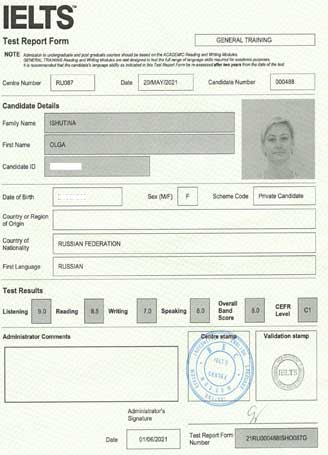IELTS essay, topic: Should school children be given homework (opinion)?
This is a model response to a Writing Task 2 topic from High Scorer’s Choice IELTS Practice Tests book series (reprinted with permission). This answer is close to IELTS Band 9.
Set 5 Academic book, Practice Test 21
Writing Task 2
You should spend about 40 minutes on this task.
Write about the following topic:
Some people believe that homework should not be given to school children. Others, however, say that homework is an important requirement for children to be able to develop appropriately. Discuss both views and give your own opinion.
Give reasons for your answer and include any relevant examples from your knowledge or experience.
You should write at least 250 words.
Sample Band 9 Essay
The benefits of giving or not giving homework to children are often debated. Some people feel that children have enough work to do during one day whilst at school, whereas others feel that the more work set, the better.
It is true that schools today place more and more demands and pressure on children. The competition to do well, to enter a good university and to get a good job is significant. This has led to the ideology that children should do as much schoolwork as possible in order to help their intellectual development. The argument, however, that more is better is not always valid. There comes a point, especially for a child, when more knowledge cannot be absorbed in a day. When a child has possibly 7 or 8 classes a day on different subjects, he or she is processing a lot of information already. To give more work to be done at home, therefore, would be pointless and even counterproductive. In addition to this, although it is important to be educated, childhood should also be a time when there is an opportunity to just play and enjoy unstructured time. Homework can significantly lessen the possibilities of doing this.
On the other hand, it can be argued that there is a place for homework. If study at school is not overdone, the opportunity to look at work again and extend ideas can be an invaluable exercise. It’s easy to forget one thing that has been taught once, but if that concept is revisited a second time, the brain has time to reprocess and likely better understand and remember.
It seems to me that there is a place for homework for today’s children. What must be remembered, though, is that homework needs to be limited to age-appropriate parameters, so that a balance can be struck between study and free time and relaxation.
Go here for more IELTS Band 9 Essays


